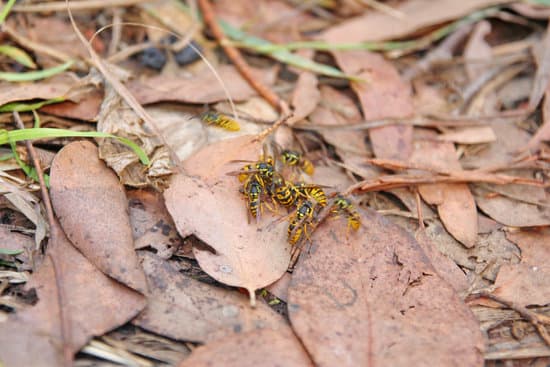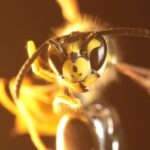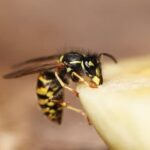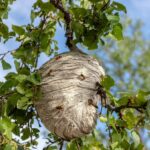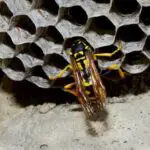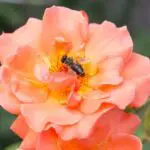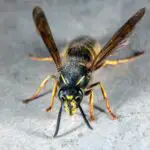How Do Wasps Keep Stinging?
Whether you are a veteran of wasp stings or you have never been stung, it is important to know how to deal with this insect bite. This is because stings can be very painful and can cause breathing difficulties.
The symptoms of a wasp sting include itching and redness. These symptoms can persist for several days after the sting. They are caused by the wasp’s venom. You should treat the area with a cold compress, which will reduce the pain. You can also use colloidal oatmeal and medicated skin creams.
It is important to not act aggressively when you are faced with a wasp. If you are agitated, you are likely to be stung.
When you are stung, you should apply a cold compress for 10 minutes. You should also wash the sting with warm water and soap. You can also apply an antihistamine to help with the reaction.
You should seek medical attention if the reaction is severe or if you become unable to breathe. If you are unable to breathe, you may have anaphylactic shock, which requires immediate treatment.
The best way to prevent wasp stings is to avoid the nest. You can do this by moving slowly. The best time to remove a wasp nest is during the spring or early summer.
Wasps are not always aggressive. They only sting when they feel threatened. When a person steps on a nest, a wasp’s venom is injected into the skin.
